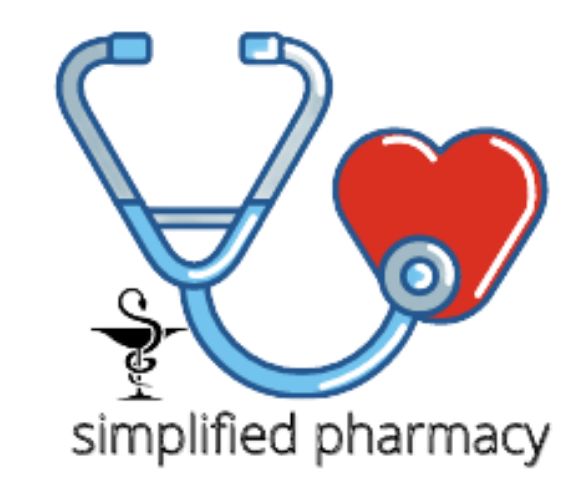Have you ever wondered why people confuse the symptoms of a panic attack with those of a heart attack or a nervous breakdown? It’s because the sensation is similar to that of someone experiencing their first panic attack. It’s a nightmare, with numerous physical and emotional issues to deal with. A panic attack is often a brief period of extreme worry that lasts between 15 minutes and an hour, but it can last much longer in some cases according to the Anxiety & Depression Association of America.

However, understanding how it occurs and what coping skills can aid during a panic attack is critical for you. So, you see, various approaches can help you recognize its impending arrival and then use those ideas to either stop it or, at the very least, manage it effectively. Nevertheless, before we get to the advice, we need to look at the indicators of a panic attack because the advice is meaningless unless we know how to recognize a panic attack. So, at first, let us examine its symptoms:
SYMPTOMS OF A PANIC ATTACK
A panic attack can happen because of many factors but primarily it occurs when someone has or goes through anxiety, sadness, or post-traumatic stress disorder (PTSD) There are some physical and some emotional signs that tell you that a panic attack is drawing closer. So, let’s take a bird’s eye view of those signs.
A person getting a panic attack might experience the following:
- a lot of sweating, trembling, and stammering
- Clenching of teeth and fists with a stiff body
- low blood pressure along with shooting chest pain
- the incessant sadness or agitation
- emotional numbness, no drive to work or meet people
- self-isolation, guilt trips, and peskiness
- a feeling of worthlessness and haunting suicidal thoughts
- sleeping problems, palpitations, and dizziness
- unsteady, fast, and disheveled breathing and panting
- chills and hot flashes
When these symptoms are seen, the game gets out of hand and immediate medical intervention is required.
HOW TO EFFECTIVELY COPE WITH A PANIC ATTACK
- Try Deep Belly Breathing Drill: When you feel the sensations of an impending panic attack, try deep belly breathing. It is simple but very effective in curbing the attack. So, immediately try this relaxation technique to lessen anxiety and prevent a panic attack.
- Find the Root Cause: Instead of concentrating on unpleasant thoughts, ask yourself, “What is it that upsets me so much?” An honest response will reveal the underlying cause and assist you in finding a rapid solution. This, in turn, would keep a panic attack at bay.
- Let the music do its magic: Play some soulful, meditation music to refocus your attention and reduce your anxiety. As a result, panic attacks will be evaded easily.
- Stop self-blame game and guilt: Just keep reminding yourself that your frazzled feelings do not define you. Things do get messed up and you are not responsible for them. This self-counseling helps in remaining calm.
- Develop a growth mindset: During a panic attack, intentionally switch your thoughts to happiness. Pessimistic ideas do bother but get rid of them as soon as possible. Destress yourself by looking at cheerful photographs, playing with fluffy toys, or visualizing happy things.
Conclusion
To sum up, panic attacks can be scary, but with the appropriate set of abilities, you can overcome them every time. Thus, don’t be worried about having one and focus on developing these important coping skills.
DISCLAIMER
All content and information on this website are for informational and educational purposes only.
It does not constitute medical, psychological, or health advice of any kind and we do not warrant that the information presented herein is free of any errors or omissions.
We are not providing medical, health care, nutrition therapy, or coaching services to diagnose, treat, prevent or cure any kind of physical ailment, mental or medical condition.
Although we strive to provide accurate general information, the information presented here is not a substitute for any kind of professional advice, and you should not rely solely on this information.
Always consult a professional in the medical and health area for your particular needs and circumstances prior to making any medical or health-related decisions.
What to read next?
https://simplifiedpharmacy.com/blog/
